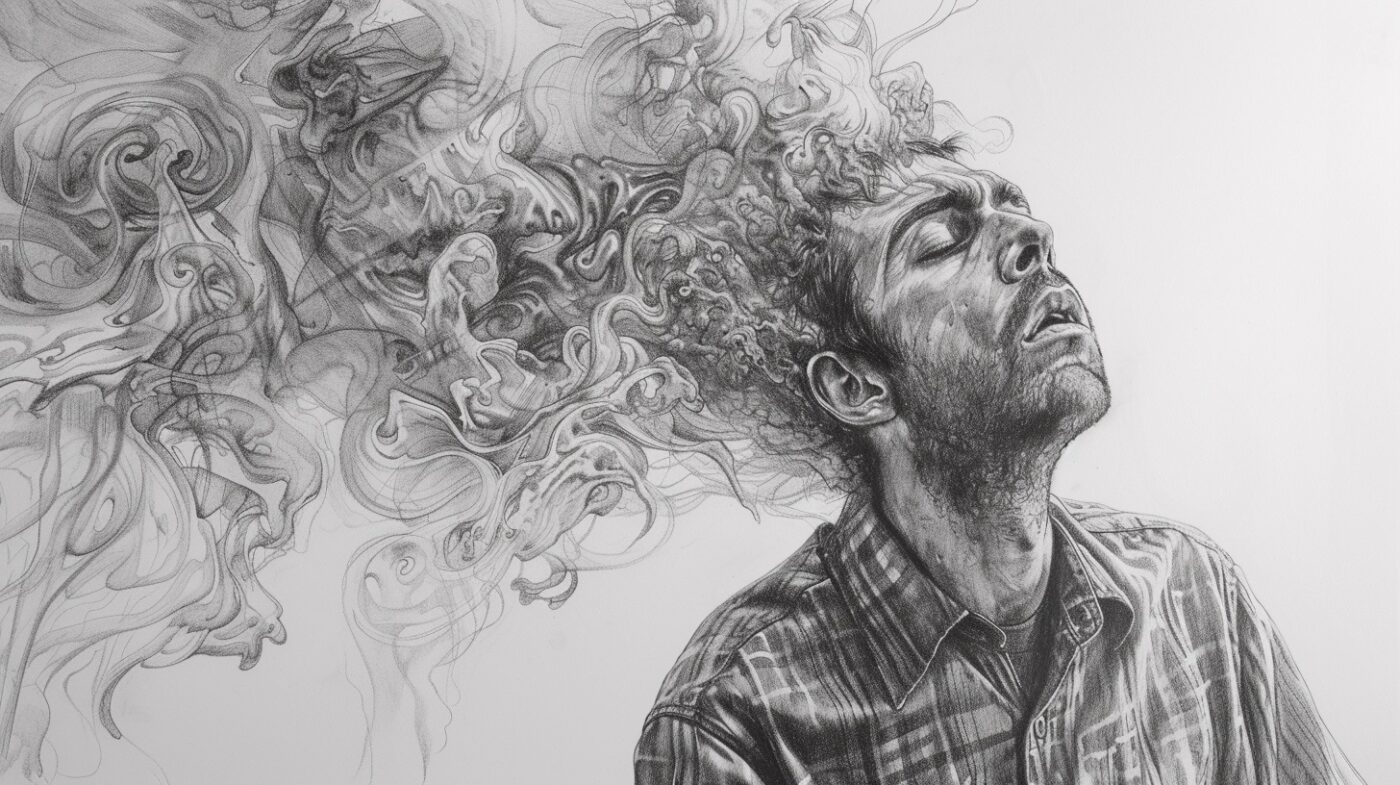Trauma, is typically understood, as a complex interplay between an event and the subjective meaning we assign to that event. Now, the term “trauma” itself, though useful, can sometimes carry with it a kind of finality, as if the damage done is permanent and beyond the scope of human agency. That’s not entirely true, is it?
Human beings are remarkably resilient creatures, capable of adapting and overcoming far more than they give themselves credit for.
So now we come to this new proposition: to think of these events not as “trauma,” but as misinterpretations of the ultimate reality. This, I think, is an insightful observation. Why?
Because so much of what lingers after a traumatic event is not the event itself it’s the story we construct around it, the meaning we give it, often by the unconscious mind.
And it’s not always an accurate story, is it? In fact, it’s often a distortion.
The Power of Perception
Now when we perceive it gets interesting: human beings are fundamentally creatures of perception. We’re constantly interpreting reality, constructing frameworks to help us navigate through the unknown (or chaos). But when catastrophe falls upon us, when the unknown hits and overwhelms our frameworks of reality, our interpretations can go wrong. We might start seeing danger where there is none, or worse, we might start believing that the world itself is malevolent and that we’re powerless to act.
Now, is that interpretation true? Not necessarily. Is every car a death trap because you were in a car accident? Clearly not. But body and mind are built for survival first, accuracy second. They cling to the misinterpretation because it feels safer, even if it’s not rational. This is how trauma embeds itself—not as a simple memory, but as a overgeneralized pattern of interpretation.

Reframing Trauma as Misinterpretation
So, if we’re to frame trauma as misinterpreting the ultimate reality (or more simply misinterpreting the world), what does that mean practically? It means understanding that the pain, the fear, the anxiety, these aren’t immutable facts. They’re habits of memory, thought, feeling and emotion. And habits, no matter how deeply ingrained, can be changed. But and here’s the rub, that requires a tremendous amount of effort, courage, and often, guidance.
You have to confront the misinterpretation directly. You have to recognize, for instance, that the car isn’t inherently dangerous, that the world isn’t universally cruel, that your worth isn’t diminished because someone harmed you. And you can’t just do this cognitively it’s not enough to know it intellectually. You have to embody it. You have to act it out. Because only through action can you “rewrite” those faulty patterns and align yourself with the truth or the ultimate reality.
Responsibility and Agency
What I particularly like about this framing, this idea of misinterpretation is that it restores agency, not to be confused with blame or shame which have on place here.
It says: “You are not defined by what happened to you. You are defined by how you choose to respond.” That’s a powerful message. It means that, no matter how overwhelming the event, no matter how deep the scars, there’s a way forward. It’s not easy, nothing worth doing ever is, but it’s possible.
You don’t get to rewrite the past, of course. But you do get to reinterpret it. You get to decide whether the event will be a source of endless suffering or the foundation of your future strength. And that’s not just a matter of changing your thoughts, it’s about reorienting yourself to reality. It’s about aligning yourself with the truth, no matter how painful.
A Final Thought
The world is full of chaos and suffering, there’s no denying that. But it’s also full of beauty, opportunity, and meaning. Trauma blinds us to the latter, trapping us in the former. Framing trauma as misinterpretation is an act of courage and clarity. It’s a way of saying: “I refuse to let my fear define me. I will confront the chaos, learn from it, and rebuild something better.”
That’s a noble pursuit. And it’s the essence of what makes us human.

Can Psychedelics Increase Neuroplasticity? The Latest Research
Read MoreThe dark Truth Behind Cold Exposure
Read MoreReframing Trauma as Misinterpretations of The Ultimate Reality
Read MoreClassical Psychedelics in the Treatment of Autoimmune Disorders: Potential Anti-Inflammatory Benefits
Read MorePractice Beyond the Ego: Transcending the Physical Practice
Read MoreJung and Yoga The Self, Ego, and Shadow and Chitta
Read MoreChitta and the Brain: Bridging Yoga with Neuroscience
Read MoreWhat is Chitta?
Read MoreHow to Dry and Store Psilocybin Magic Mushrooms?
Read MoreLearn The Basics of Microdosing From The Comfort of Your Home.
Micro-Movement is MUCH more than just Microdosing,
But you need to start somewhere.